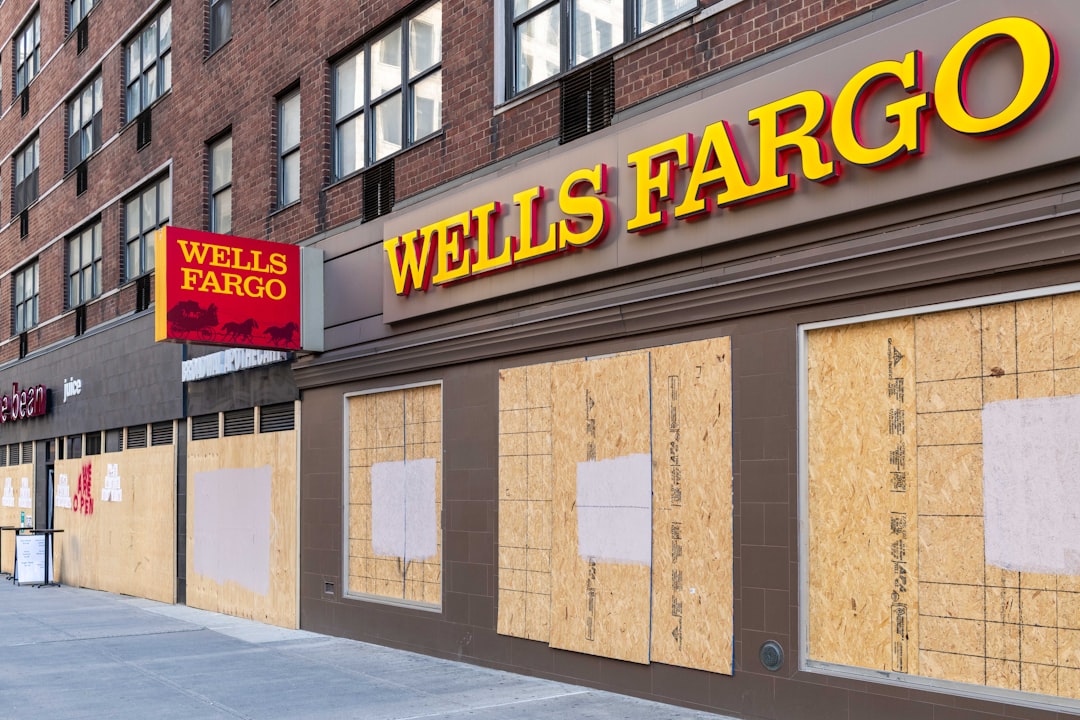What's in Your Wallet? With Capital One Savings, the Answer is "Less Money"
Bank froze rates, cheated customers out of $2 billion

The catchphrase for Capital One’s credit card is “What’s in your wallet?”
But if you have a Capital One 350 savings account, the answer to that question is: “Less Money.”
That’s because, according to a lawsuit filed by the CFPB, Capital One cheated savings account customers out of $2 billion.
According to the suit, Capital One advertised its 360 Savings account product as having among the "best" and "highest" interest rates, then froze the rate at 0.30% even as national rates climbed higher.
Capital One then created a new product, 360 Performance Savings, but took steps to prevent existing 360 customers from accessing that product. The "Performance Savings" paid rates as high as 4.35%.
Capital One made $2 billion off of millions of customers - all while sitting on $480 billion in assets.
This is just the latest example of America’s biggest banks working hard to extract cash from customers by any means necessary.
America’s largest banks own Zelle. And they are not interested in putting in the resources (money) to stop fraud on the platform OR to help customers who have been defrauded.
JPMorgan Chase, Bank of America, and Wells Fargo reimbursed just 38% of fraud claims on the Zelle platform, according to a July Senate report that looked at disputed unauthorized transactions.
Then, there’s TD Bank’s facilitation of money laundering:
“TD Bank’s persistent prioritization of growth over controls allowed its employees to break the law and facilitate the laundering of hundreds of millions of dollars. The bank’s blatant risk management failures attracted illicit actors and are egregious and unacceptable,” said Acting Comptroller of the Currency Michael J. Hsu.
The bank’s CEO still took home $13.3 million after having his pay docked 7% for the money laundering scandal.
And, Capital One may have to pay back some or all of the $2 billion it kept from customers through its savings charade.
But, these big penalties - while helpful to consumers who get money back - don’t seem to be enough to stop big banks from being bad.
Wells Fargo will pay $2 billion in refunds to consumers and an additional $1.7 billion fine after the CFPB found the bank’s practices harmed 16 million consumers.
One consumer advocate noted that Wells Fargo is among the corporate cabal that has consistently sought to weaken the CFPB - a dream that may come true in a second Trump term.
“Wells Fargo has contributed to a long-running, organized effort by greedy industries and politicians in their pocket to defang, defund or do away with the CFPB because it works so well to protect consumers from schemes, scams, and predatory behavior,” Liz Zelnick of Accountable.us said.
MORE CONSUMER NEWS
Tennessee-Based Mortgage Lender Trapped Borrowers in Risky Loans






All these frauds against ordinary consumers that @AdvocateAndy uncovers are an outrage; the CFPB was fighting back until the fake government arm known as DOGE shut it down. My unfavorite of all the scams is Zelle cos it is owned by the big banks to insulate them from lawsuits when Zelle breaks the law and denies your fraud claim! The bank regulatory lawyers who set up this facade are laughing at desperate consumers who relied on their bank to protect their money: it lied!